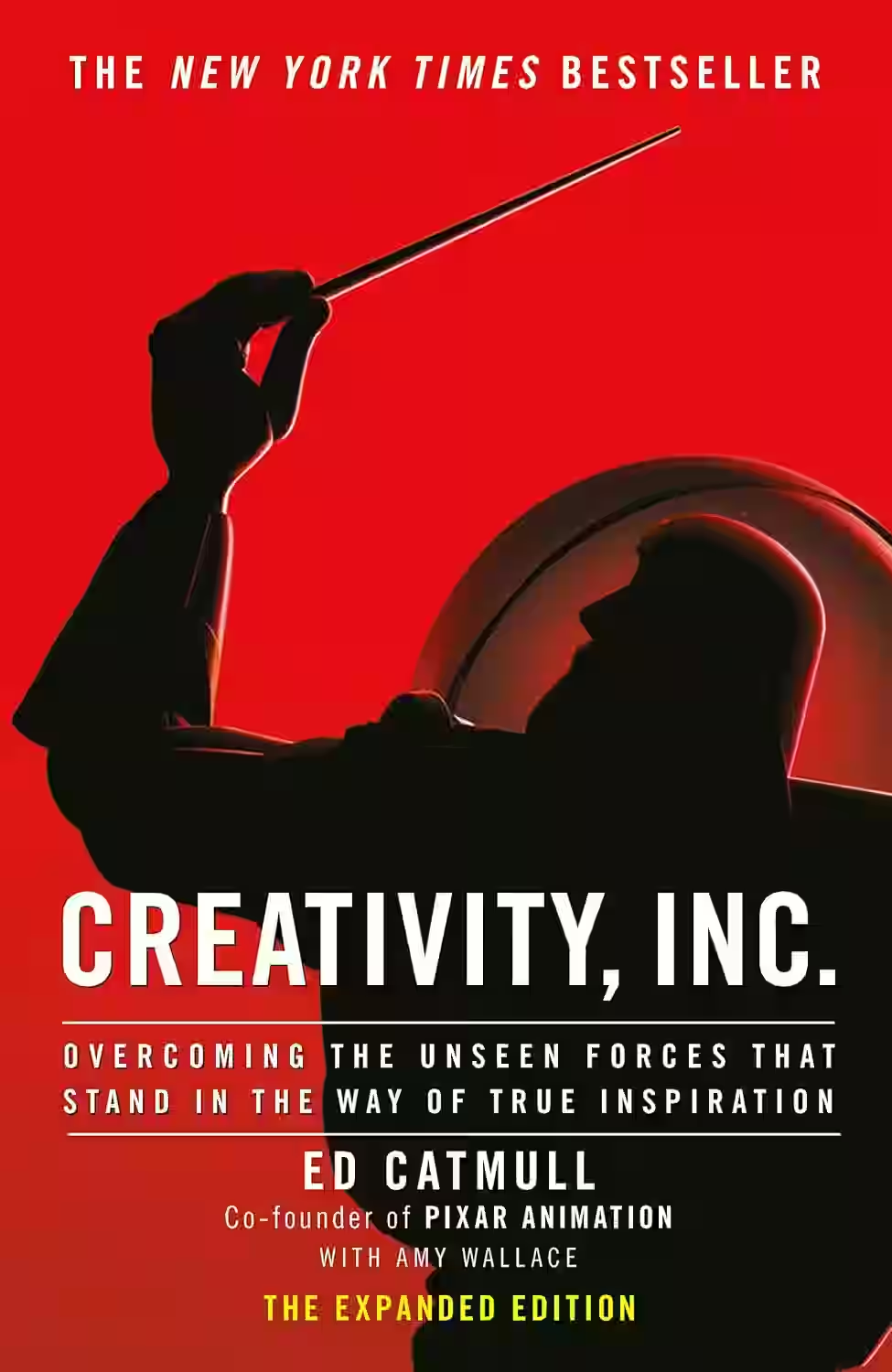
Ed Catmull, co-founder of Pixar, offers an insider’s guide to building a creative culture. Through stories from the making of beloved films like Toy Story and Finding Nemo, Catmull reveals how Pixar nurtures innovation while maintaining excellence. He discusses leadership, collaboration, and the importance of candor in creative work. Central to the book is the idea that protecting creativity requires careful management of failure and feedback. Creativity, Inc. is not just a memoir—it’s a manual for leading with purpose, whether you’re in animation, tech, or any field requiring bold ideas and inventive teams.
About Ed Catmull
Ed Catmull is a computer scientist, entrepreneur, and co-founder of Pixar Animation Studios. A pioneer in 3D computer graphics, he played a key role in developing the technology behind Toy Story, the first fully computer-animated film. Catmull served as president of Pixar and later Walt Disney Animation Studios, fostering a culture of creativity and innovation. His book Creativity, Inc., co-written with Amy Wallace, shares leadership lessons from his decades in animation and tech. A recipient of five Academy Awards for technical achievement, Catmull is revered for blending artistry with science and guiding some of the most successful animated films ever made.
Similar Books
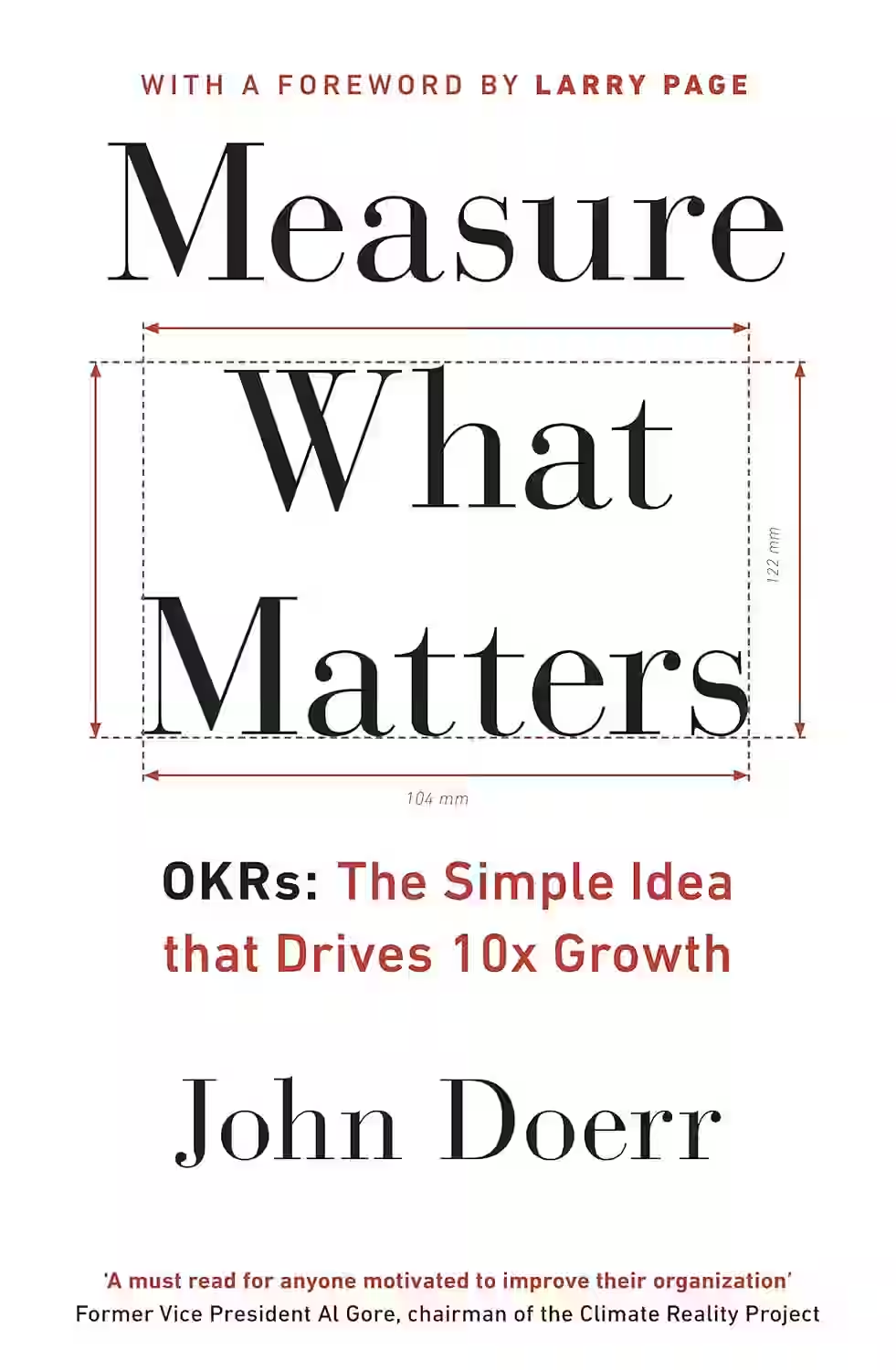
Measure What Matters
by John Doerr
This influential business book introduces the Objectives and Key Results (OKRs) framework, a goal-setting system used by major companies like Google, Intel, and Bono’s ONE campaign. John Doerr, a legendary venture capitalist, outlines how OKRs help organizations focus effort, track progress, and foster alignment and accountability. Through detailed case studies from Google, YouTube, and the Gates Foundation, Doerr shows how this method has transformed productivity and performance. Larry Page has praised the book, saying he wished he had it at the beginning of Google’s journey. “Measure What Matters” is a practical blueprint for building goal-driven, agile organizations.
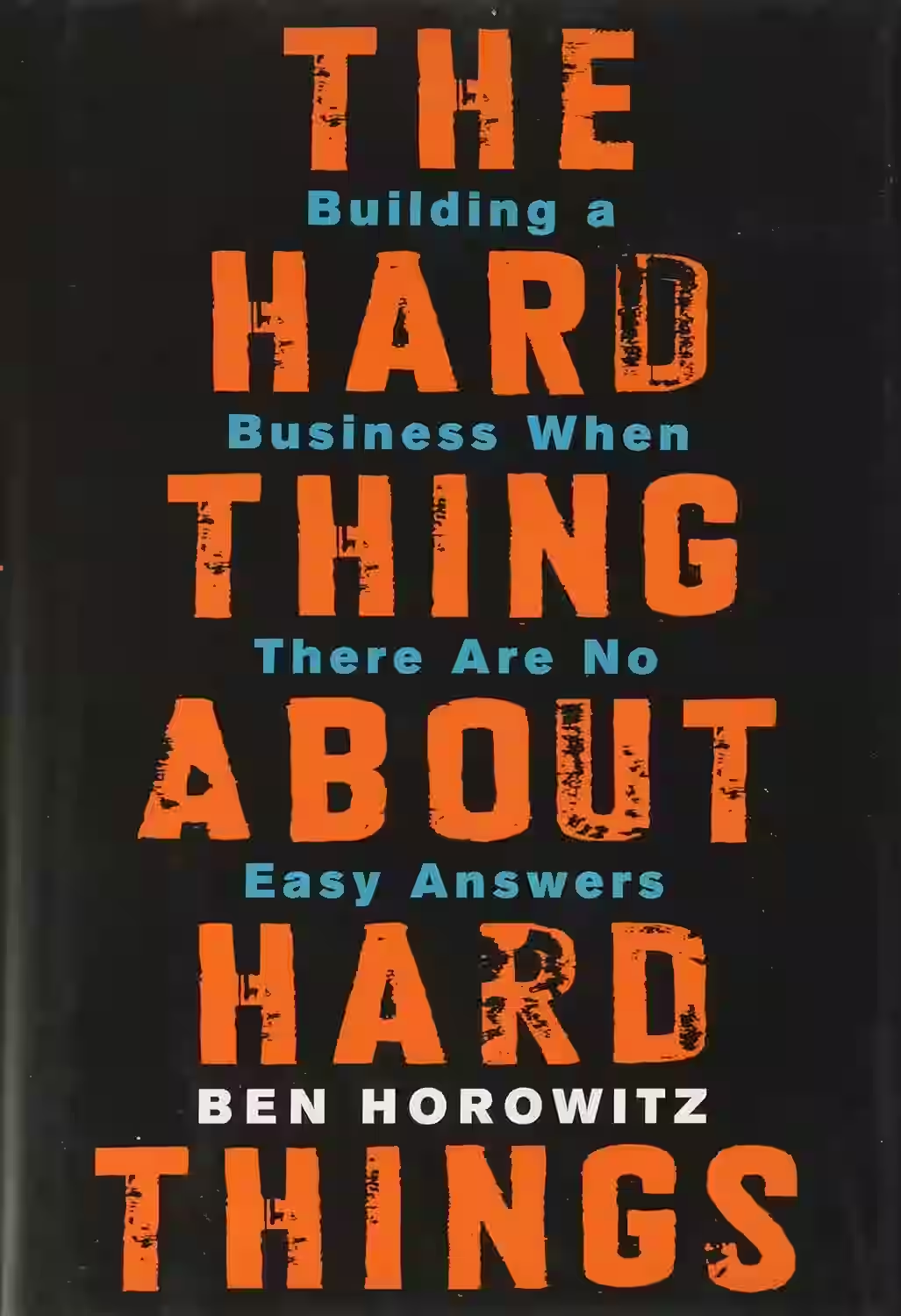
The Hard Thing About Hard Things
by Ben Horowitz
Ben Horowitz delivers a brutally honest, no-nonsense account of what it truly takes to build and run a startup. Drawing from his own experience as co-founder of Andreessen Horowitz and CEO of Opsware, Horowitz outlines the often-overlooked struggles: firing friends, managing morale, surviving downturns, and making impossible decisions. Rather than generic leadership tips, he offers hard-earned wisdom on navigating chaos and building a strong, resilient company. Larry Page praised the book for its candor and realism. It’s an essential read for entrepreneurs, CEOs, and managers who want insight into the harsh realities of leadership and long-term survival.
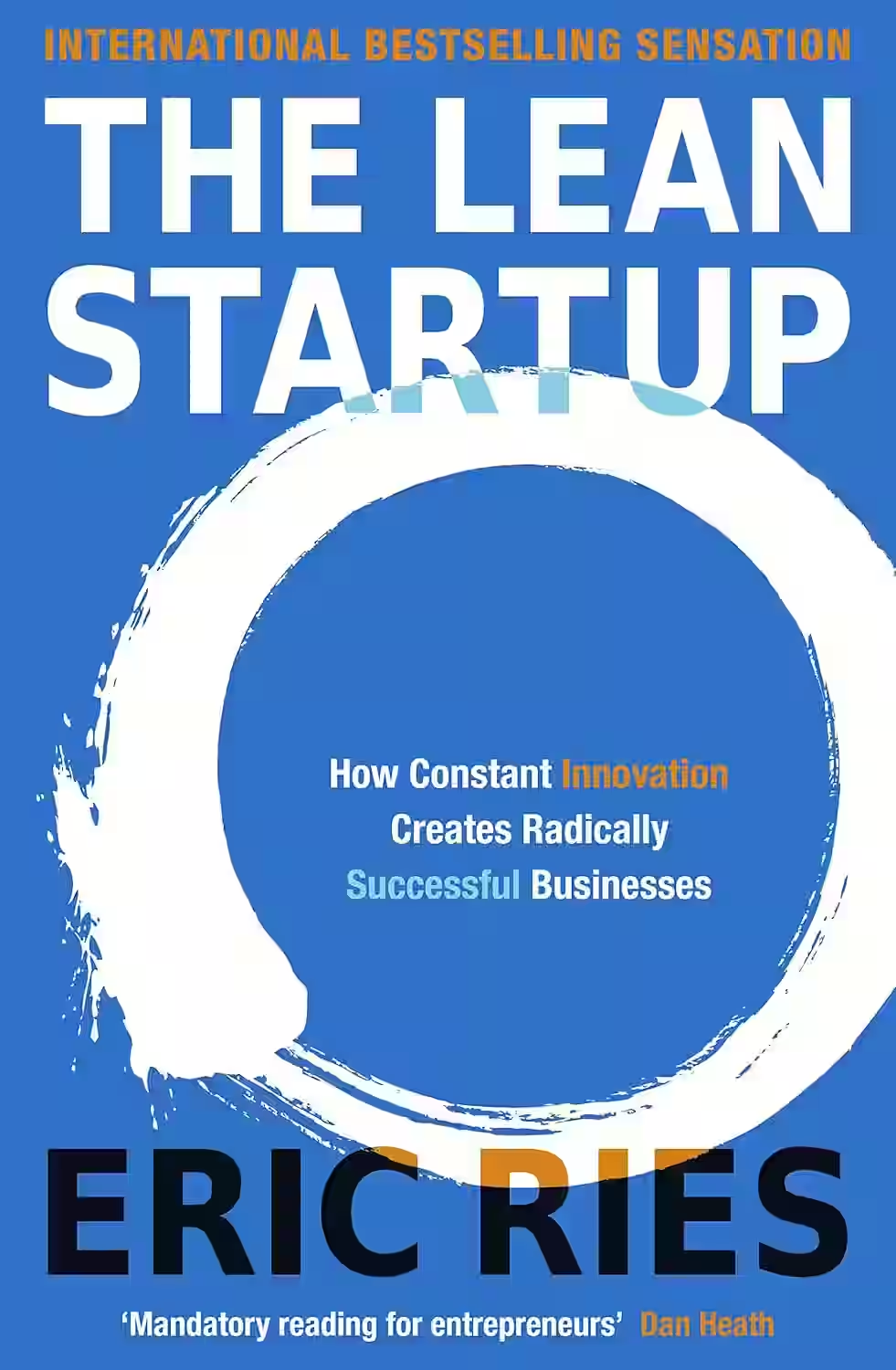
The Lean Startup
by Eric Ries
The Lean Startup presents a framework for building startups through continuous innovation, rapid experimentation, and customer feedback. Eric Ries introduces concepts like the Build-Measure-Learn loop, minimum viable product (MVP), and validated learning to help entrepreneurs reduce waste and improve decision-making. Rather than perfecting a product before launch, Ries advocates iterative development and pivoting based on real-world data. This approach enables startups to adapt quickly and succeed in uncertain markets. With practical tools and real examples, The Lean Startup has become a foundational guide for modern entrepreneurship, influencing startups, tech companies, and corporate innovation programs around the world.
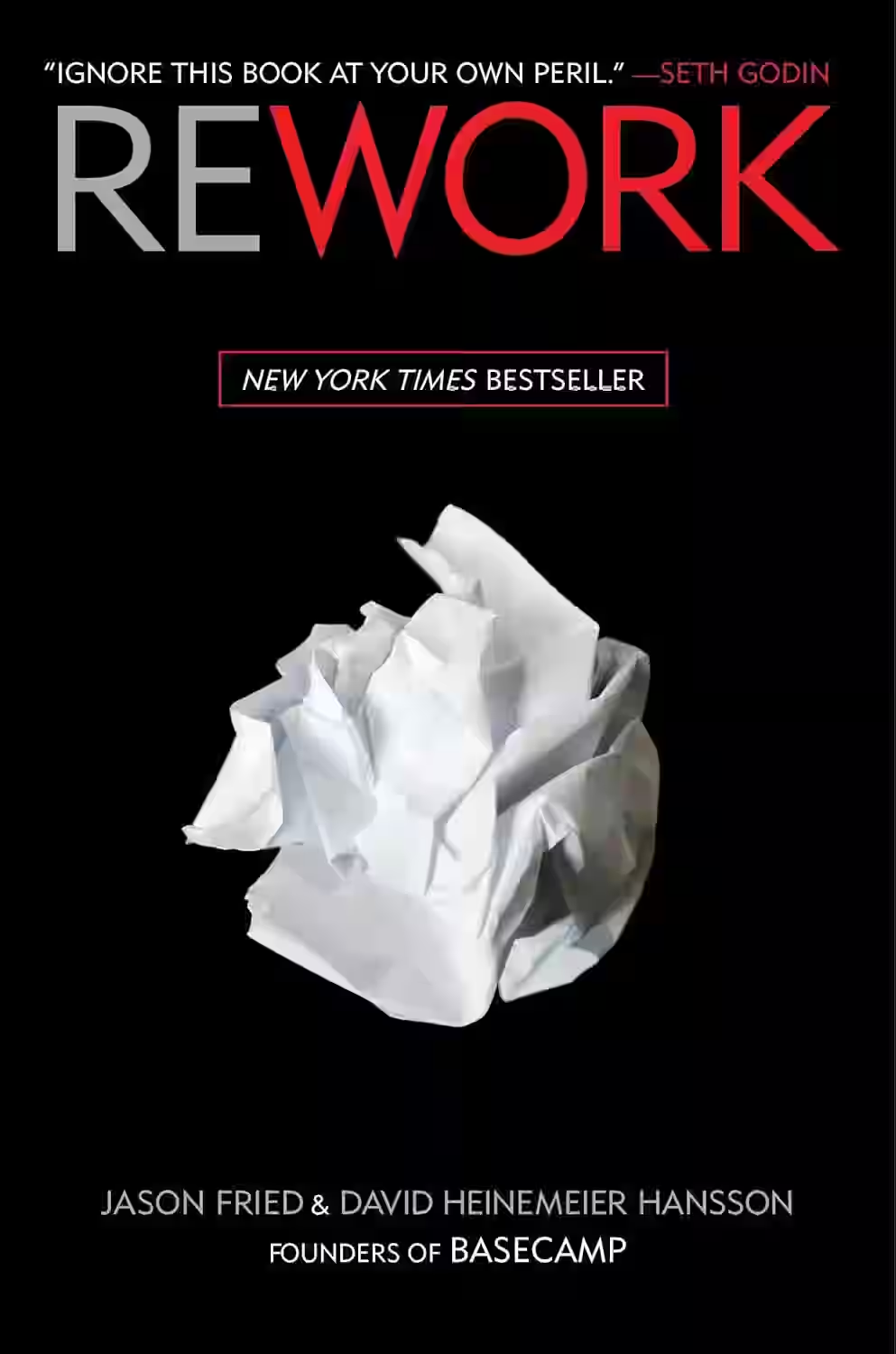
Rework
by Jason Fried, David Heinemeier Hansson
Rework is a no-nonsense guide to building and running a business differently—smarter, leaner, and with less bureaucracy. Written by the founders of Basecamp, the book dismantles traditional startup myths and offers fresh advice on productivity, marketing, hiring, and growth. Each chapter is short and punchy, advocating for simplicity, speed, and authenticity. Rework encourages readers to launch quickly, ignore competitors, and focus on real value rather than business plans or investor pitches. Whether you're an entrepreneur, freelancer, or team leader, this book provides a practical, counterintuitive perspective on what really matters when creating something meaningful.